How Many Passports Can You Have?
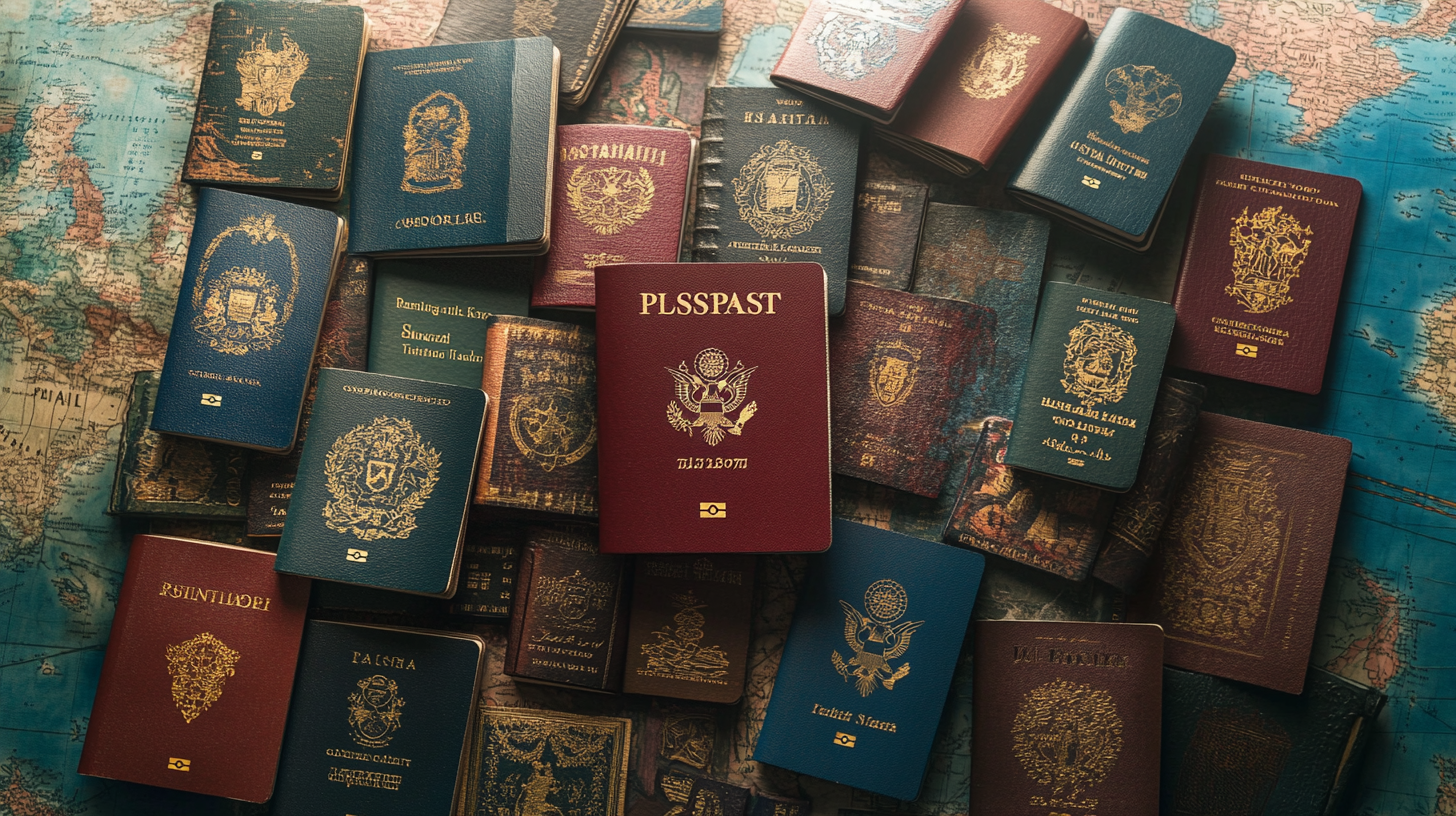
In an era where the world is more interconnected than ever, the idea of holding multiple passports is no longer reserved for the elite or the well-traveled few. It’s a practical consideration for many individuals seeking to broaden their horizons and enhance their global mobility. Whether it’s for increased travel flexibility, access to new opportunities, or protection against unforeseen circumstances, possessing more than one passport can be highly beneficial.
This article explores the intricacies of holding multiple passports, especially from the perspective of U.S. citizens, and delves into how one can legally acquire them. By understanding the nuances of dual citizenship and multiple passports, individuals can make informed decisions that align with their personal and professional goals.
Understanding Multiple Passports
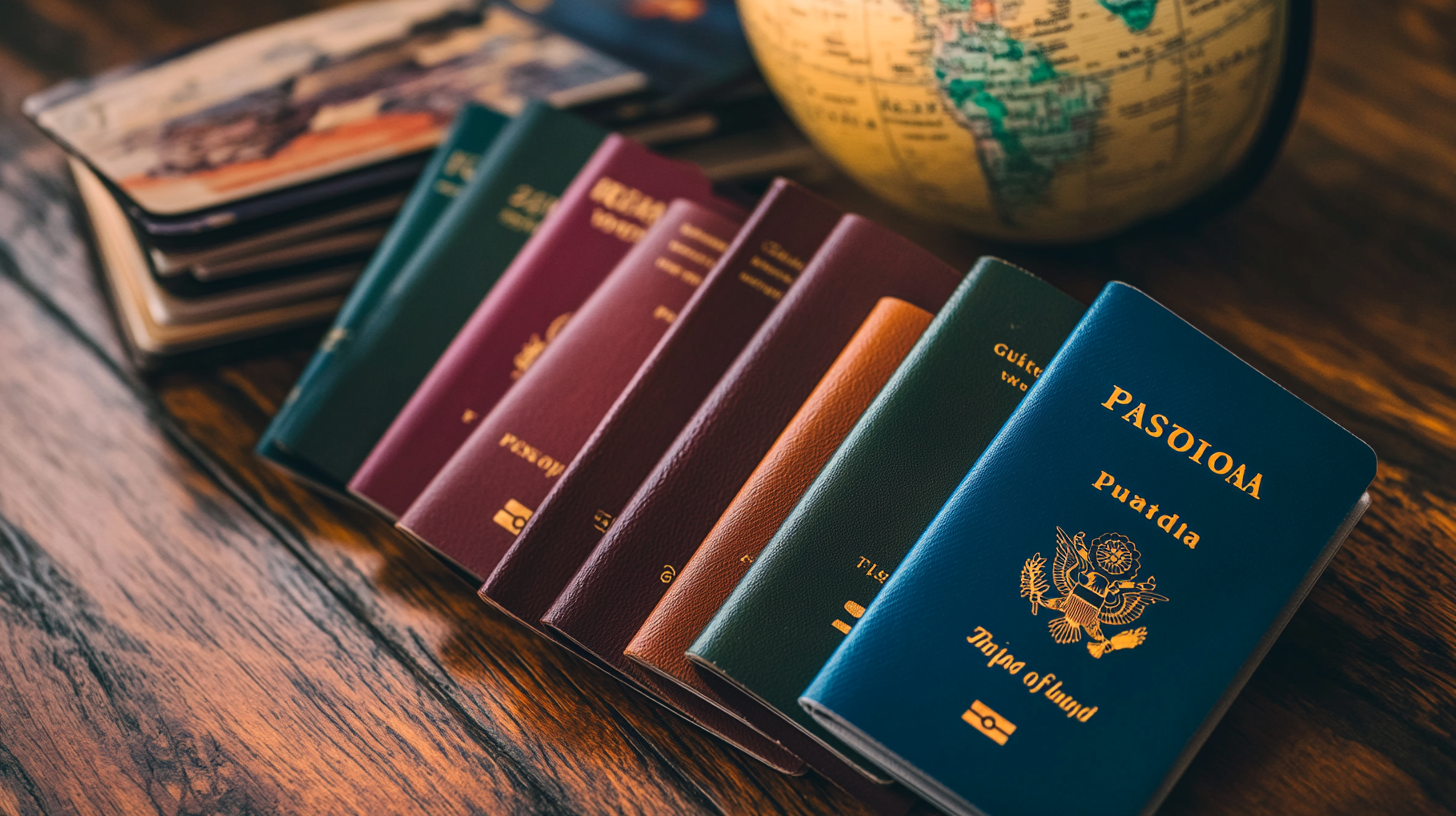
What Does It Mean to Have Multiple Passports?
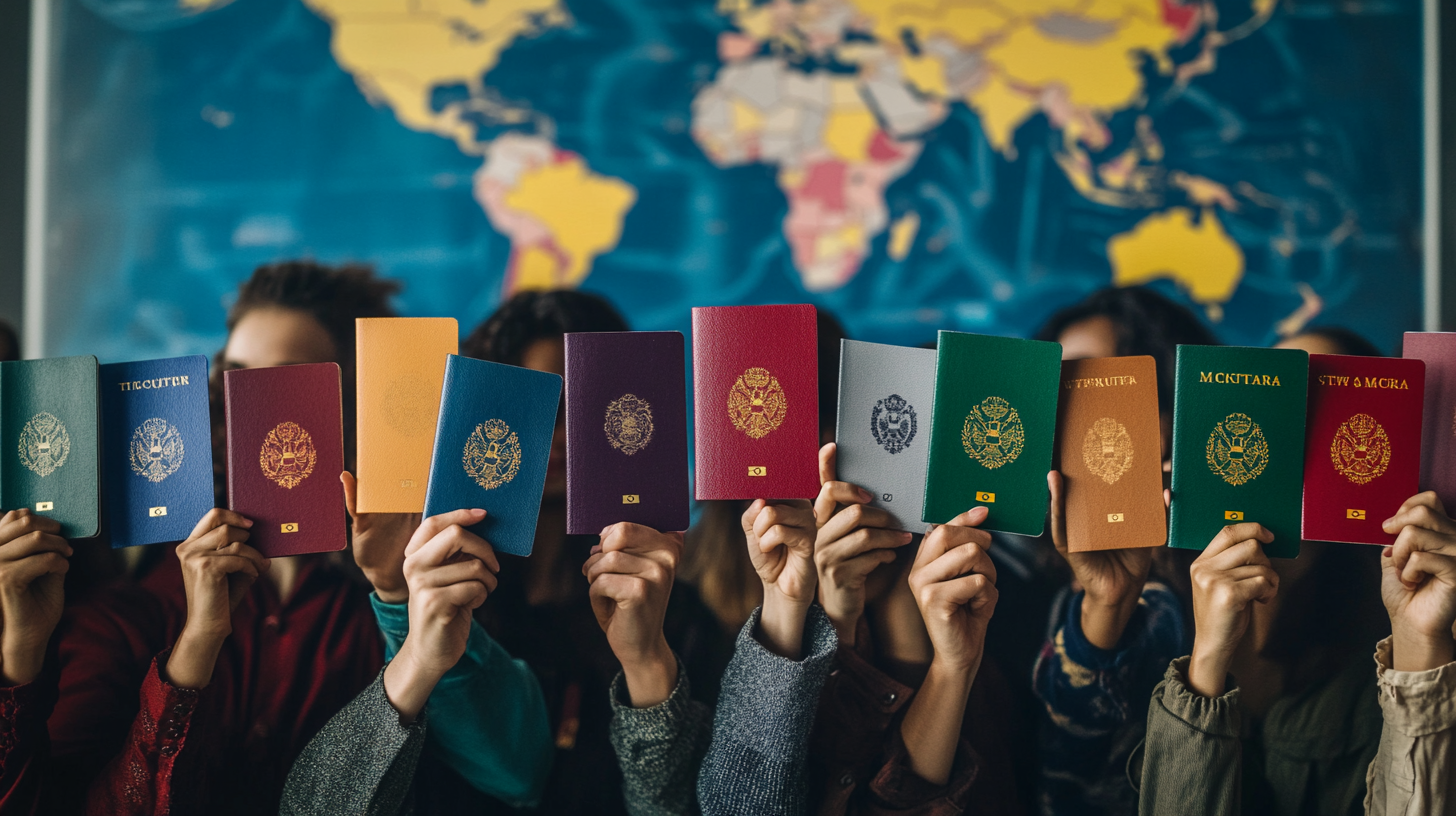
Having multiple passports means being recognized as a citizen by more than one country and holding valid passports from each. This status allows individuals to travel under the legal protections and entry privileges of these nations, effectively bridging different parts of the world. It’s an arrangement that can offer a wealth of advantages, particularly for those who frequently cross international borders for business, family, or personal reasons.
For instance, an entrepreneur with business interests spread across continents may find that multiple passports facilitate smoother transactions and reduce bureaucratic hurdles.
The Concept of Dual Citizenship
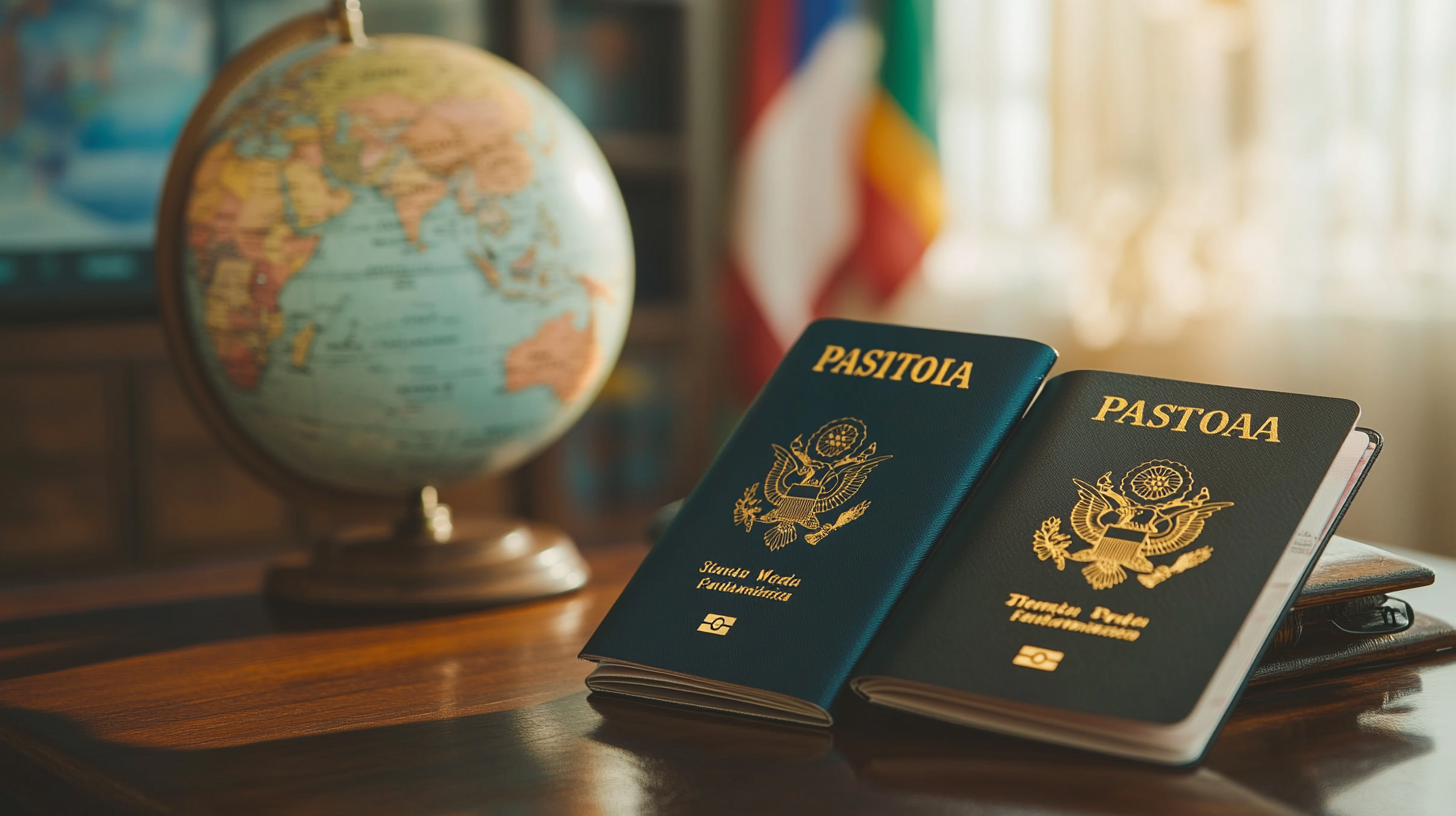
Dual citizenship, or dual nationality, refers to the simultaneous holding of citizenship in two countries. Over 60 nations, including the United States, legally permit dual citizenship. This means a person can be a citizen of the U.S. and another country without renouncing either nationality. Dual citizens enjoy the rights and responsibilities accorded to citizens in both countries, which can include the right to vote, work, own property, and access social services.
For many, this dual status enriches their cultural identity and strengthens familial ties across borders. For those interested in exploring these possibilities, understanding the various Dual Citizenship Opportunities Around the World is essential.
Holding Multiple Passports in the United States
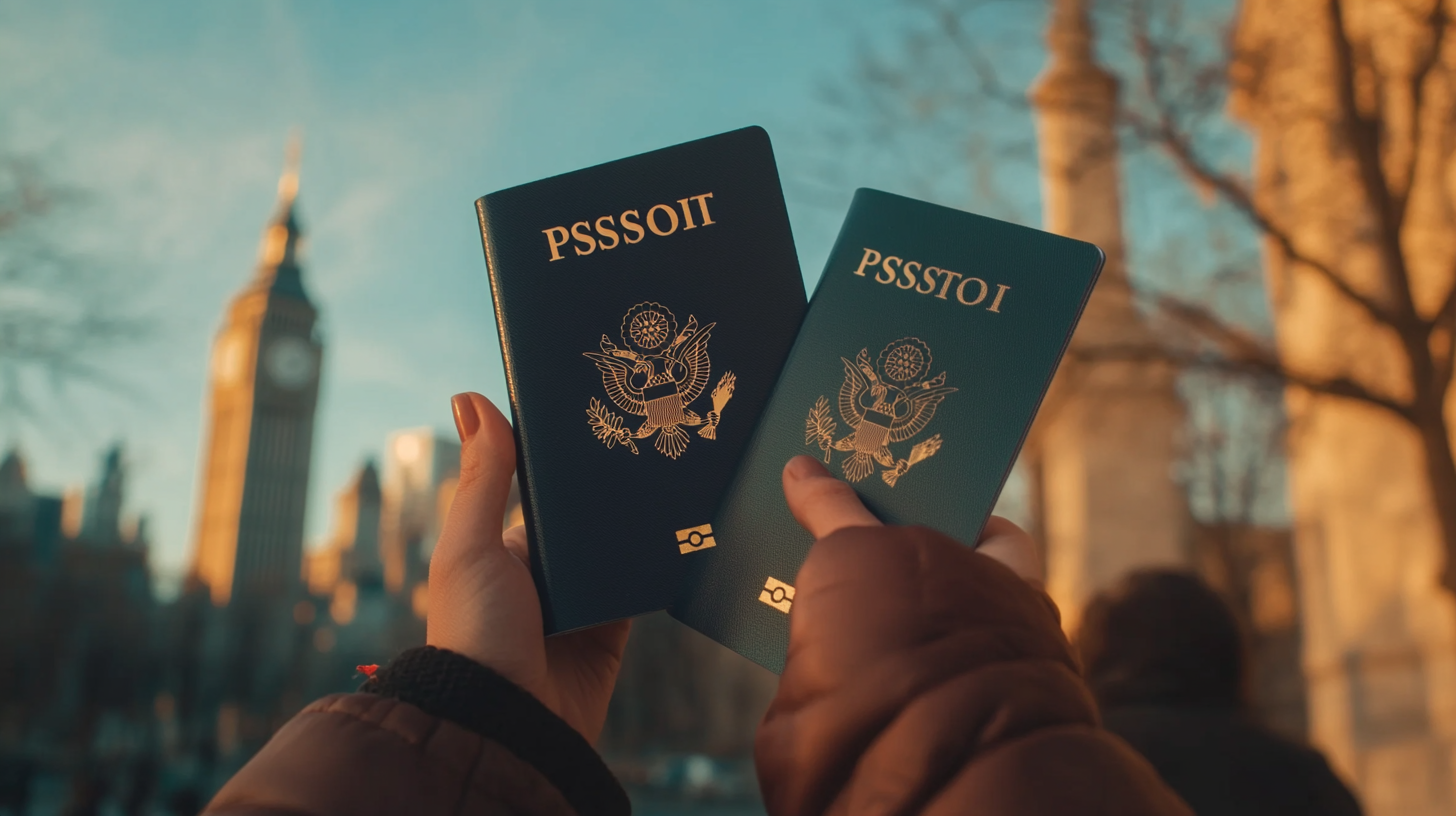
Dual Citizenship in the U.S.

The United States recognizes and allows dual citizenship. U.S. citizens can acquire a second nationality through various means such as birth, descent, marriage, or investment without losing their U.S. citizenship. It’s estimated that over 40 million U.S. citizens hold a second passport, highlighting the prevalence of dual nationality. For those considering this step, understanding the legal pathways and implications is crucial.
Possessing Multiple U.S. Passports

Interestingly, it’s also possible for U.S. citizens to hold two valid U.S. passports simultaneously. This practice caters to specific needs, especially for frequent travelers. Situations where this is beneficial include:
- Traveling to countries with adverse diplomatic relations. For instance, having a secondary passport allows entry into one country without revealing travel history to another.
- When a primary passport is held up at an embassy for visa processing, the secondary passport ensures uninterrupted travel.
- Business professionals who must obtain multiple visas simultaneously can benefit from holding a second passport, allowing for ongoing international engagements without delays.
The second U.S. passport is typically valid for four years and cannot be used beyond the expiration of the primary passport. As of 2023, over 160 million Americans held valid passports, reflecting the country’s growing international mobility. For those eligible, obtaining a second U.S. passport involves an application process that demonstrates the necessity due to frequent international travel or other qualifying reasons.
Benefits of Holding Multiple Passports
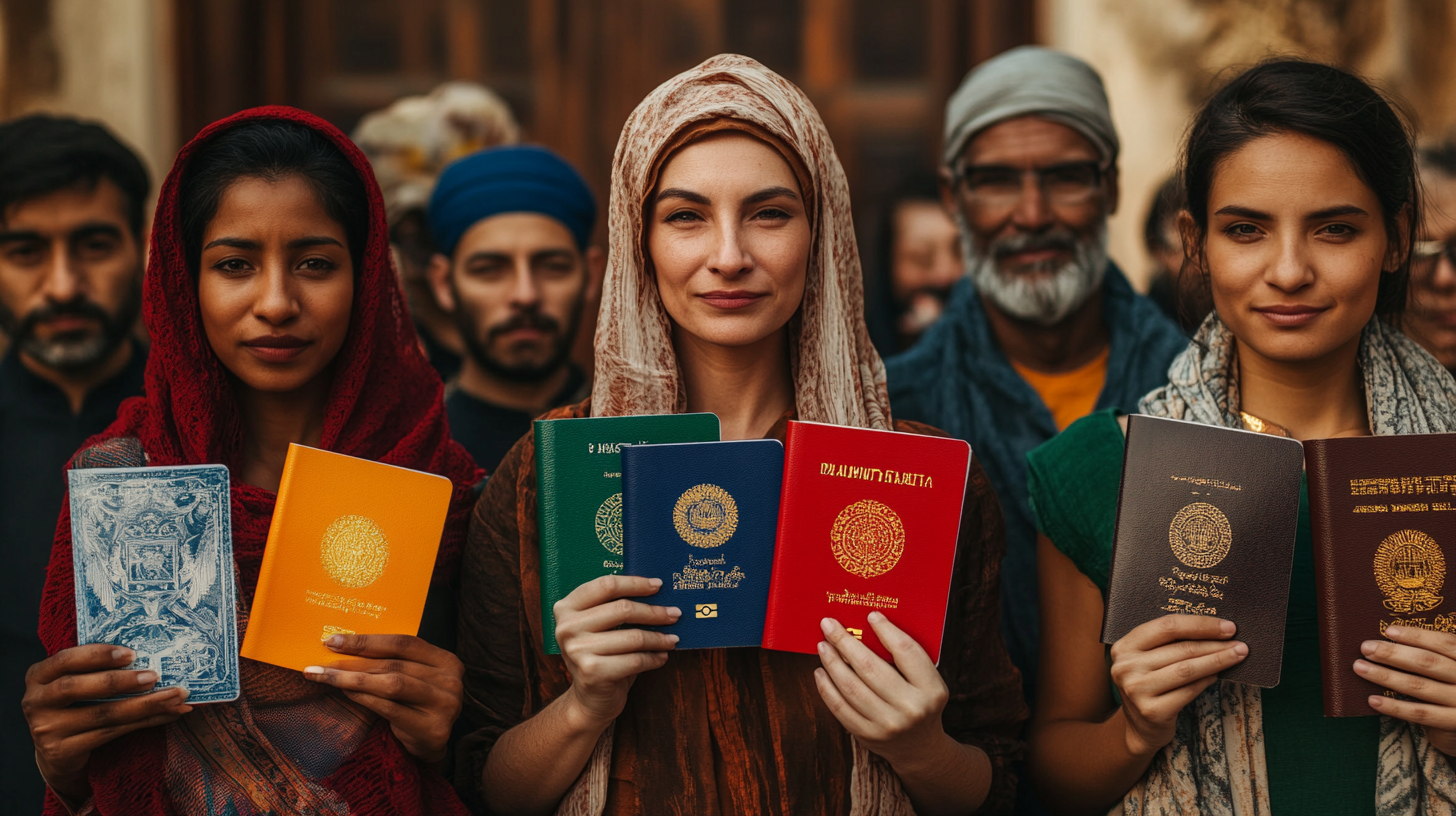
Increased Travel Flexibility

Possessing multiple passports can turn the world into a more accessible place. Dual citizens often navigate borders with greater ease, bypassing the lengthy visa application processes that might hinder holders of a single passport. This is especially advantageous when dealing with nations that have strict entry requirements or tense diplomatic relationships.
The ability to choose which passport to use when entering a country can reduce scrutiny at border controls and provide access to countries that might otherwise be restricted. For those looking to maximize their travel options, understanding the Visa-Free Travel Benefits of Dual Citizenship can be particularly enlightening.
Access to Opportunities Abroad
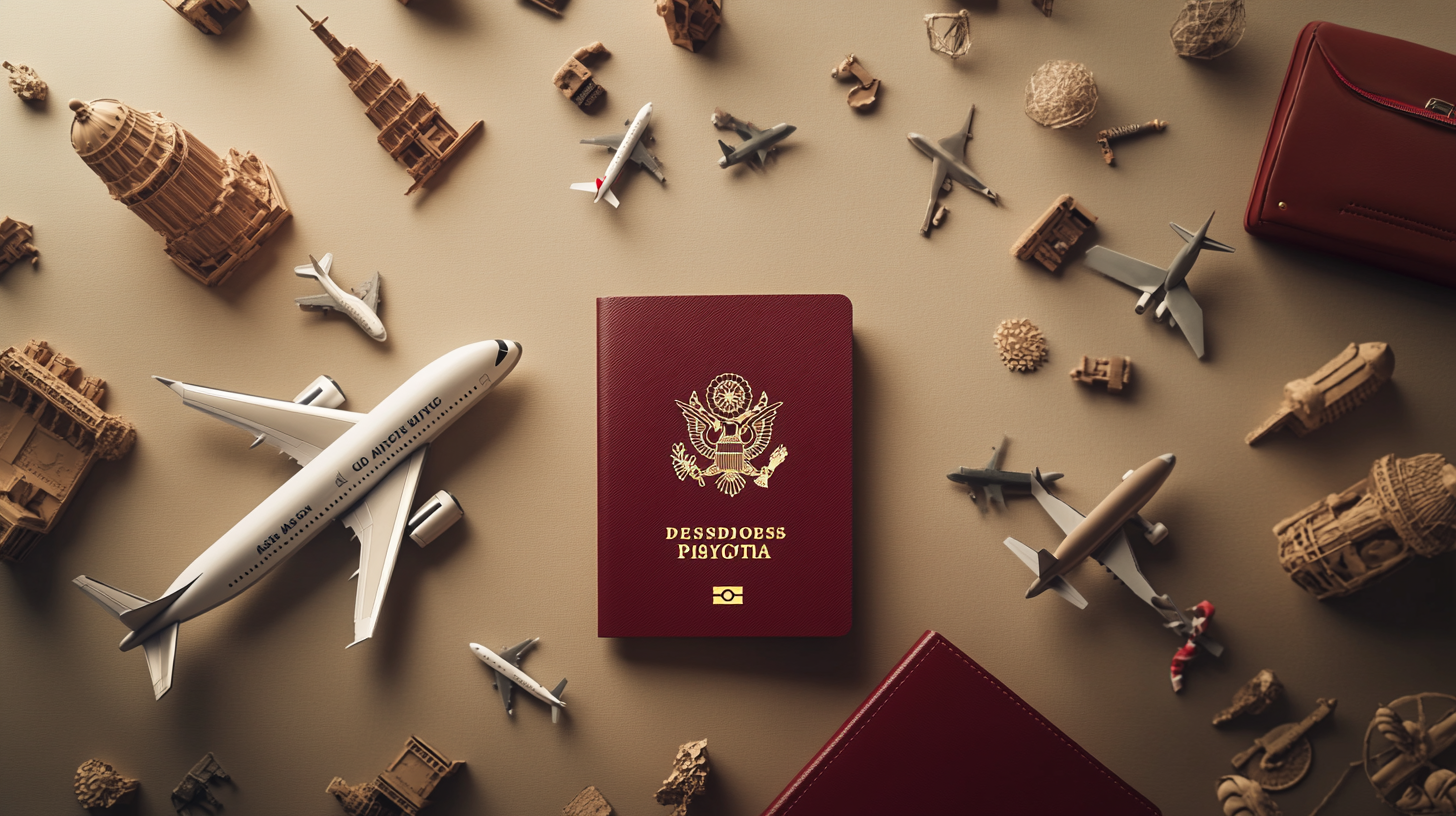
Holding more than one passport opens doors to live and work in multiple countries without the usual immigration hurdles. It allows for easier relocation, employment opportunities, and access to benefits such as education and healthcare in both nations. For instance, dual citizens can pursue jobs in competitive international markets without the need for work visas, giving them a significant edge in the global labor force.
Exploring the Global Employment Advantages of Dual Citizenship can provide further insights into these benefits.
Protection Against Political or Social Upheavals
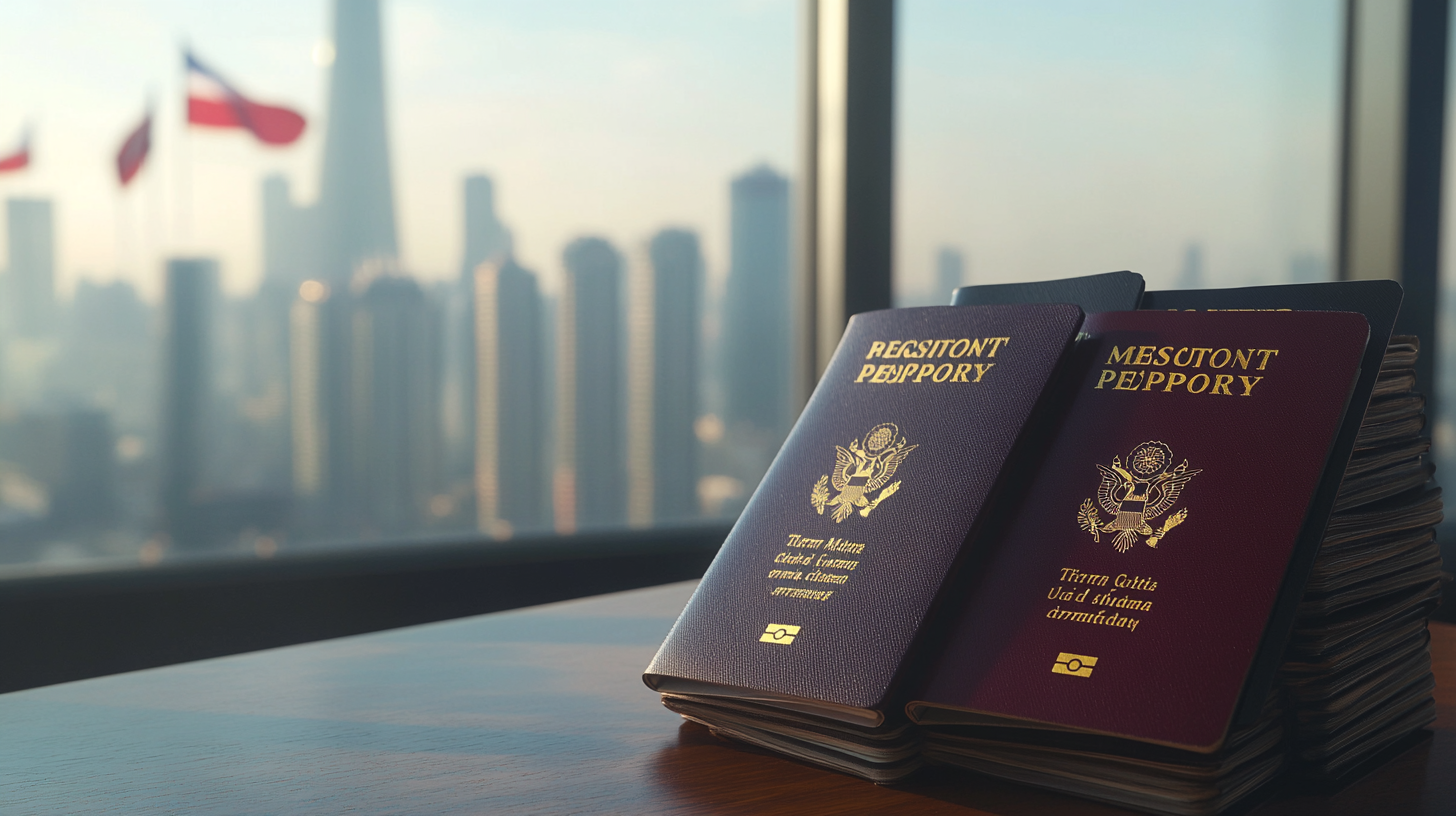
In times of political instability or social unrest, having an alternative passport can provide a safety net. It offers the freedom to leave a country quickly and seek refuge or continue life elsewhere without bureaucratic delays. This dual nationality can act as a form of insurance, safeguarding one’s future against unpredictable changes.
Families can ensure their children’s safety and continuity of lifestyle by relocating to their second country of citizenship if circumstances demand. Understanding the Security Benefits of Holding Multiple Passports can highlight the importance of dual citizenship in uncertain times.
Ease of Doing Business and Investment
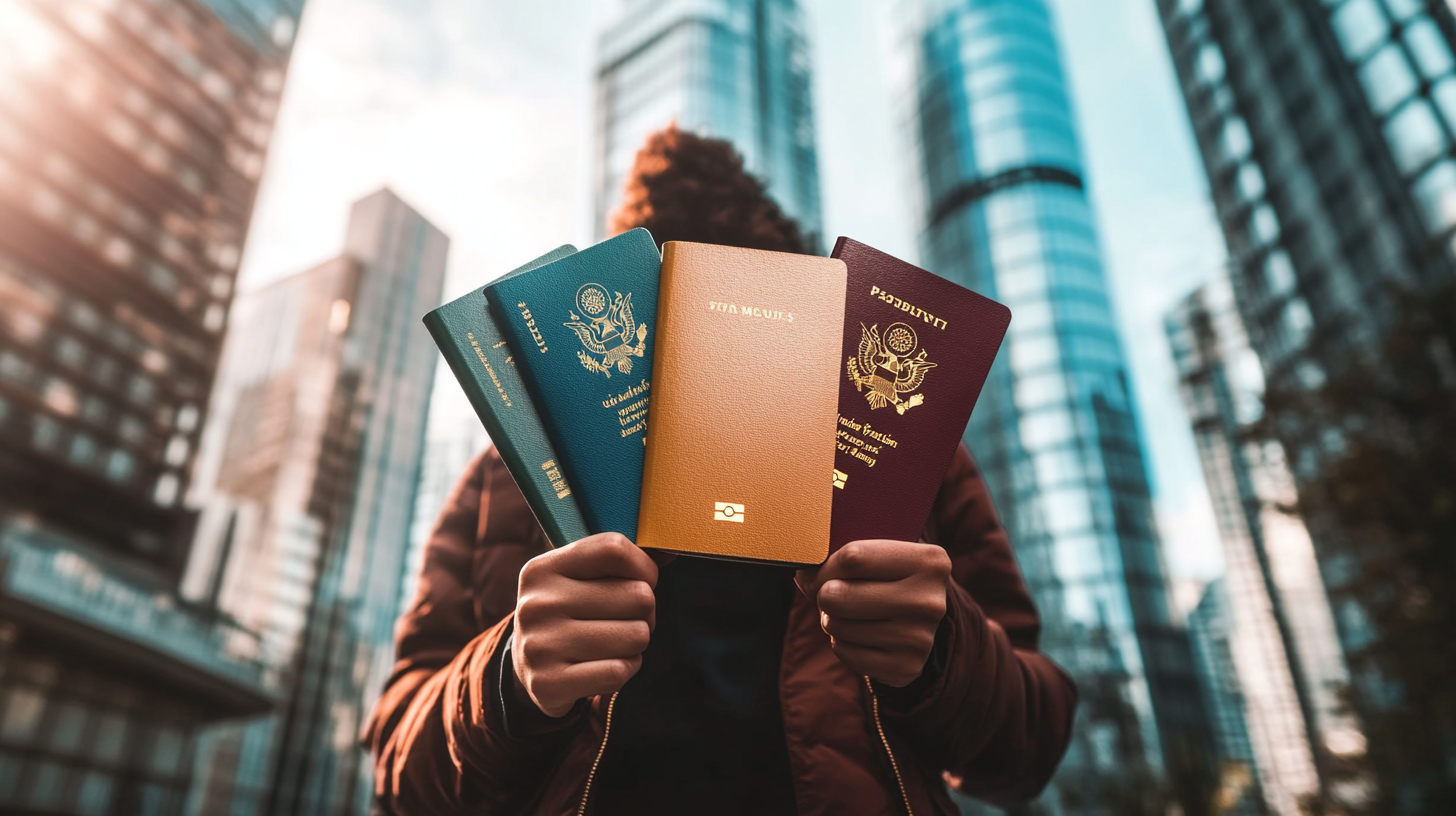
Dual citizenship can facilitate international business endeavors. It allows for smoother transactions, property ownership, and investment opportunities across borders, taking advantage of favorable economic climates in different countries. Entrepreneurs can capitalize on the ability to establish businesses, open bank accounts, and enter markets that might be restricted to non-citizens.
This global reach can lead to diversified investments and potentially higher returns. For detailed information on how dual citizenship can enhance business prospects, refer to International Business Advantages of Dual Citizenship .
How to Acquire Multiple Passports
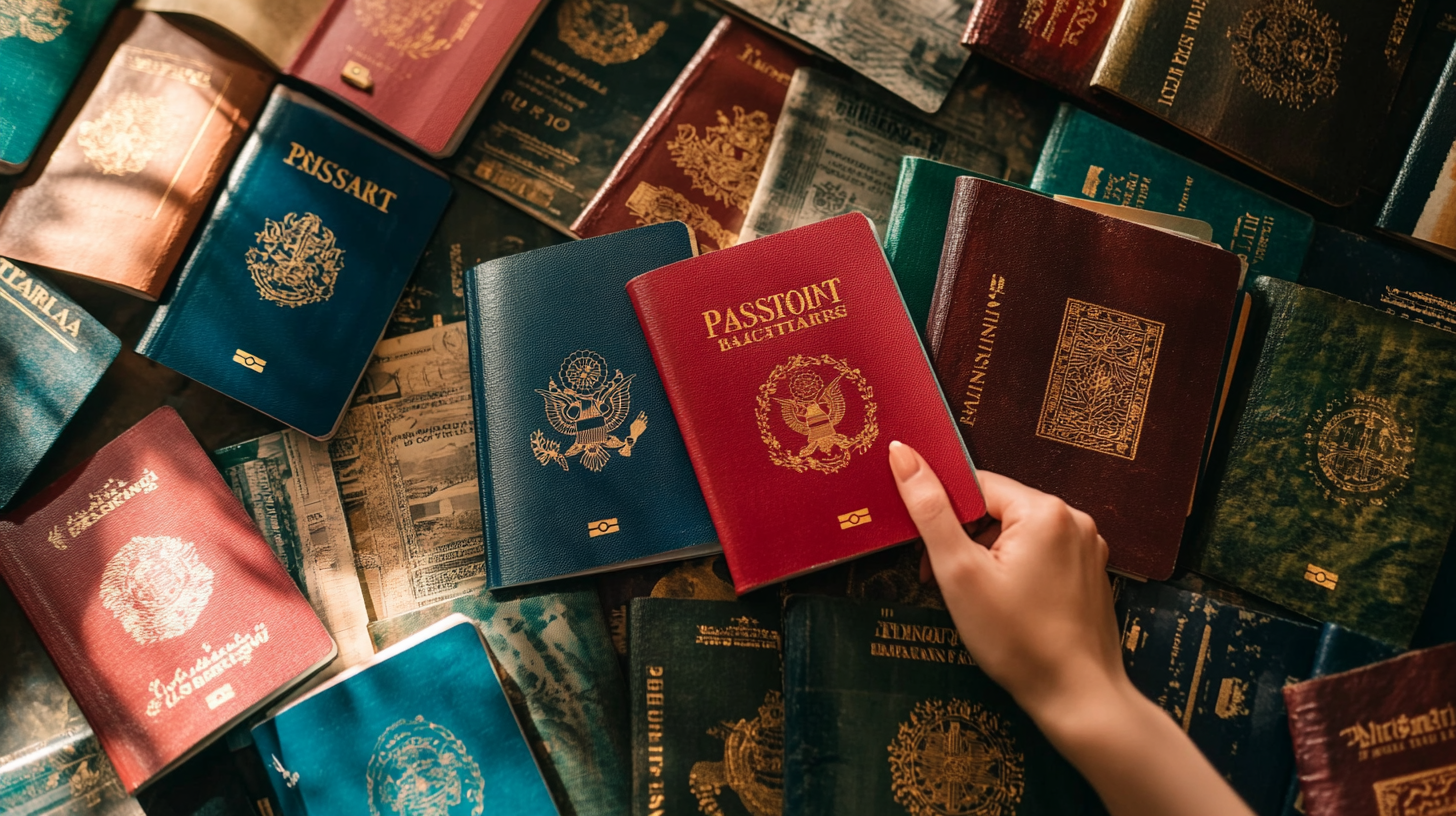
Pathways to Dual Citizenship
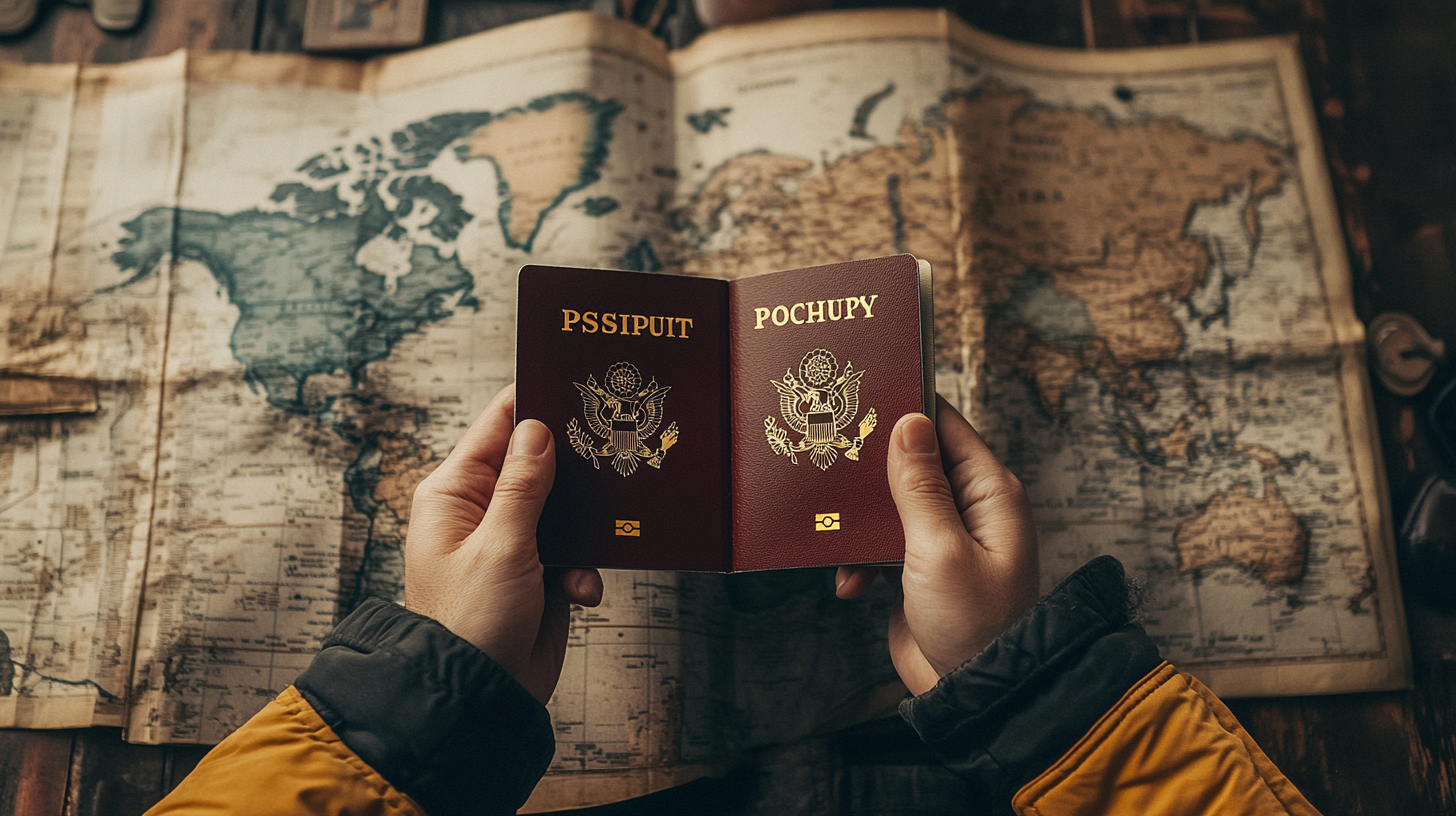
Obtaining dual citizenship varies by country and can be a complex process. Common pathways include:
- Descent: Many countries grant citizenship based on lineage. If you have parents or grandparents from another nation, you might be eligible.
- Naturalization: Living in a country for a designated period can lead to citizenship. This often involves fulfilling residency requirements and demonstrating integration into society.
- Marriage: Marrying a citizen of another country can expedite the citizenship process, though requirements differ widely.
- Investment (Golden Visa): Some nations offer citizenship in exchange for significant investment in the country’s economy, known as Golden Visa programs. These investment programs often require applicants to invest in real estate, government bonds, or local businesses, contributing to economic growth while providing a legal route to citizenship. For those considering this route, exploring the Guide to Citizenship by Investment Programs can be beneficial.
Obtaining a Second U.S. Passport
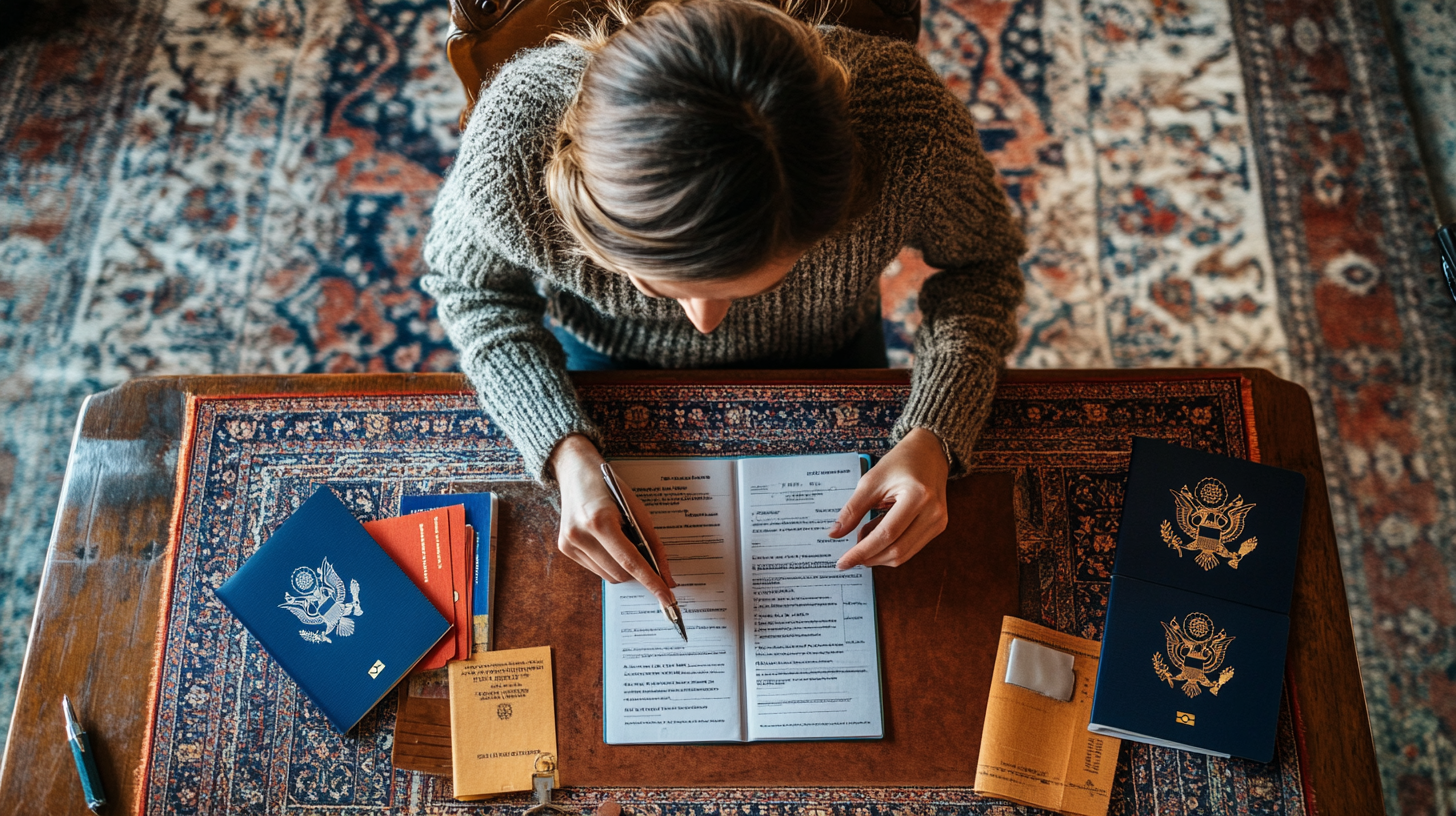
For U.S. citizens, acquiring a second U.S. passport involves specific conditions:
- Frequent international travel requiring simultaneous visas from different countries.
- Travel to politically sensitive regions where passport stamps may cause entry issues elsewhere.
- Military duty or government assignments necessitating multiple passports.
The application process requires justification for the need of a second passport and is subject to approval by the U.S. Department of State. Applicants must provide evidence supporting their need, such as documentation of travel schedules or official letters, and the issuance of a second passport is at the discretion of the authorities. Detailed application procedures can be found in the Official Guidelines for Obtaining a Second U.S. Passport .
Legal Considerations and Limitations
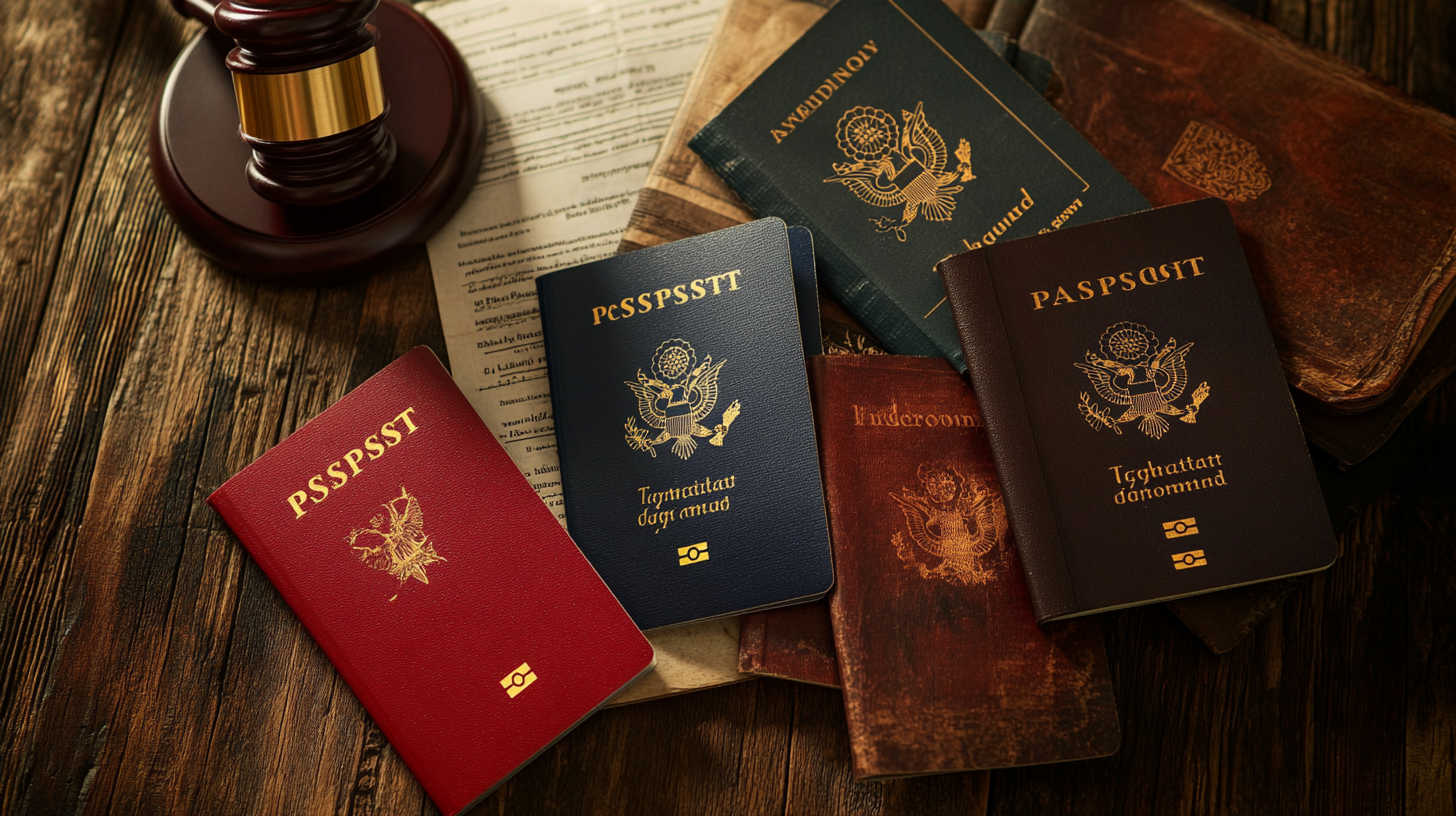
Countries Restricting Dual Citizenship
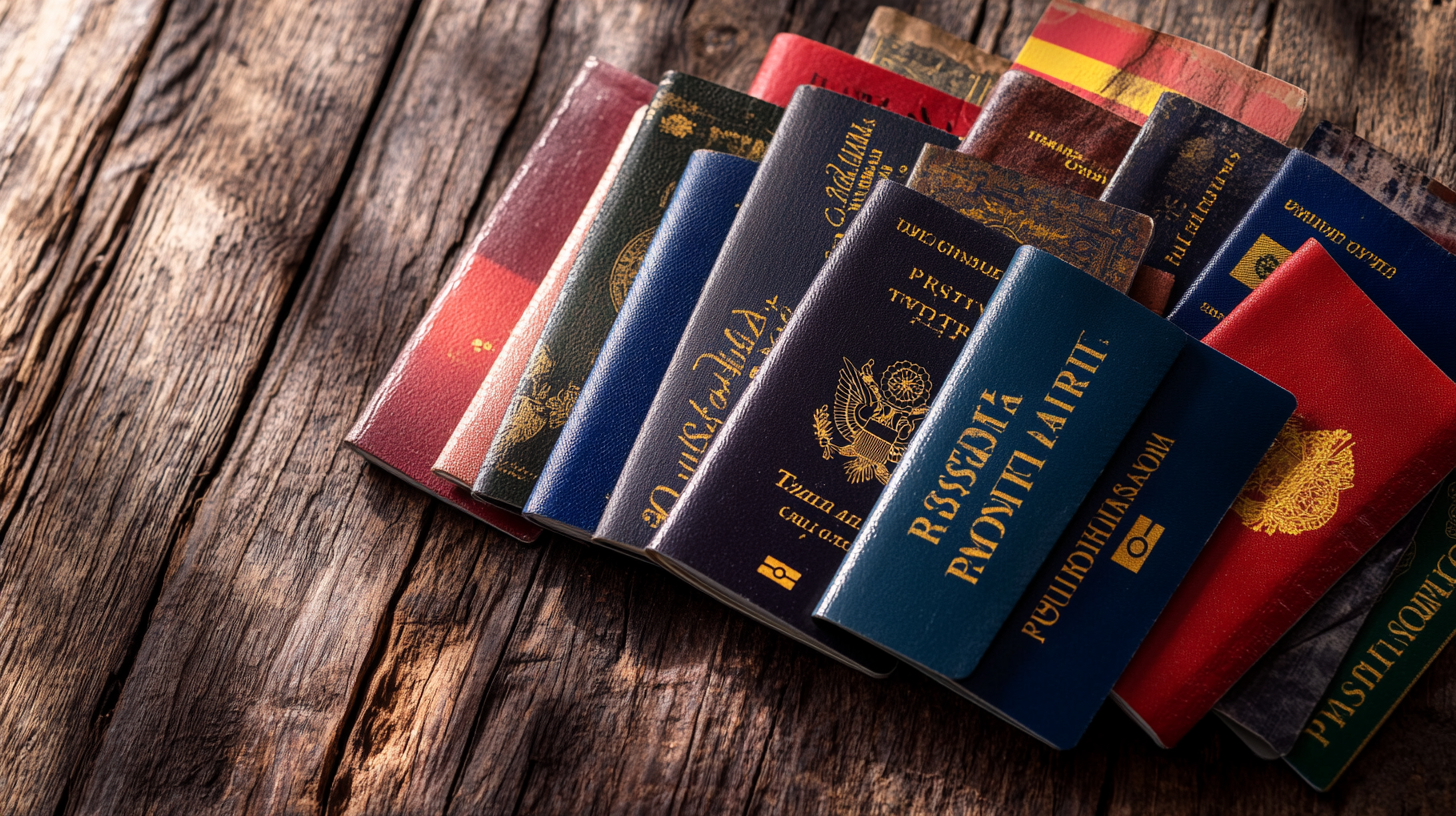
Not all nations permit dual or multiple citizenships. Some countries require individuals to renounce their original nationality when acquiring a new one. It’s crucial to consult with the respective country’s passport office or consulate to understand the legal implications fully. Failure to comply with these laws can result in unintended loss of citizenship or legal penalties.
Therefore, thorough research and possibly legal counsel are recommended before pursuing dual citizenship. Refer to Countries with Dual Citizenship Restrictions for specific national policies.
Legal Use of Passports

While holding multiple passports is legal, they must be used appropriately:
- Expired passports, even if kept for records, cannot be used for travel but may serve as proof of citizenship.
- Fraudulent use of any passport is illegal and can result in severe penalties.
- Awareness among officials about dual passports may vary, potentially leading to misunderstandings during travel.
Travelers should always present the appropriate passport when entering or exiting a country, typically the one corresponding to their citizenship in that nation. Misuse or misrepresentation can lead to complications or legal issues. For more on the correct procedures, see Best Practices for Using Multiple Passports Legally .
Assessing the Necessity
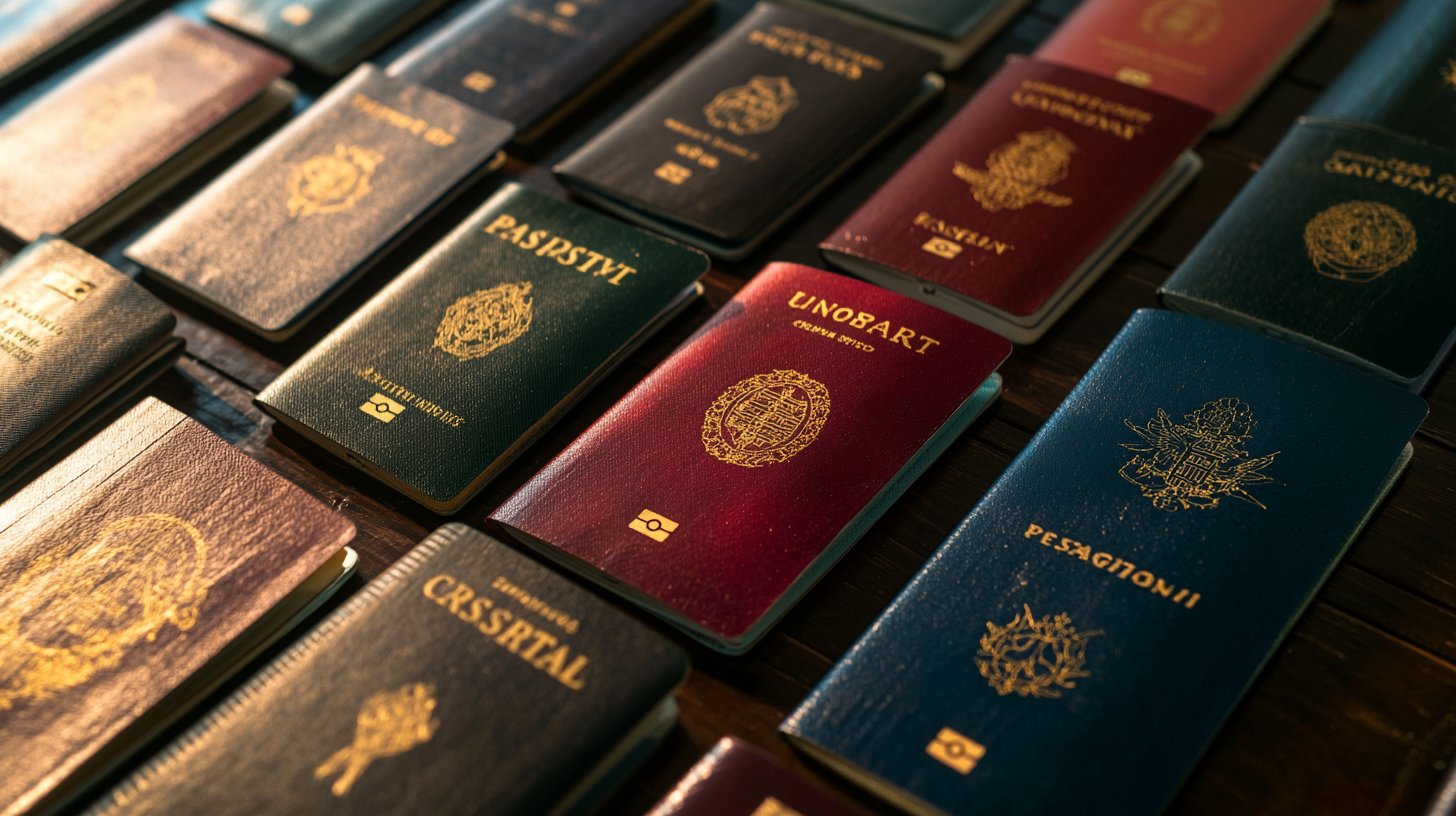
Not everyone needs multiple passports. It’s essential to weigh the benefits against the costs and potential complications. Frequent international travelers, global businesspersons, and those with personal ties to other countries often find it most advantageous. Considerations such as tax obligations, mandatory military service, or conflicting laws between countries should be evaluated.
The process can be time-consuming and require significant resources. An in-depth analysis can be found in Evaluating the Need for Multiple Passports .
Final Thoughts
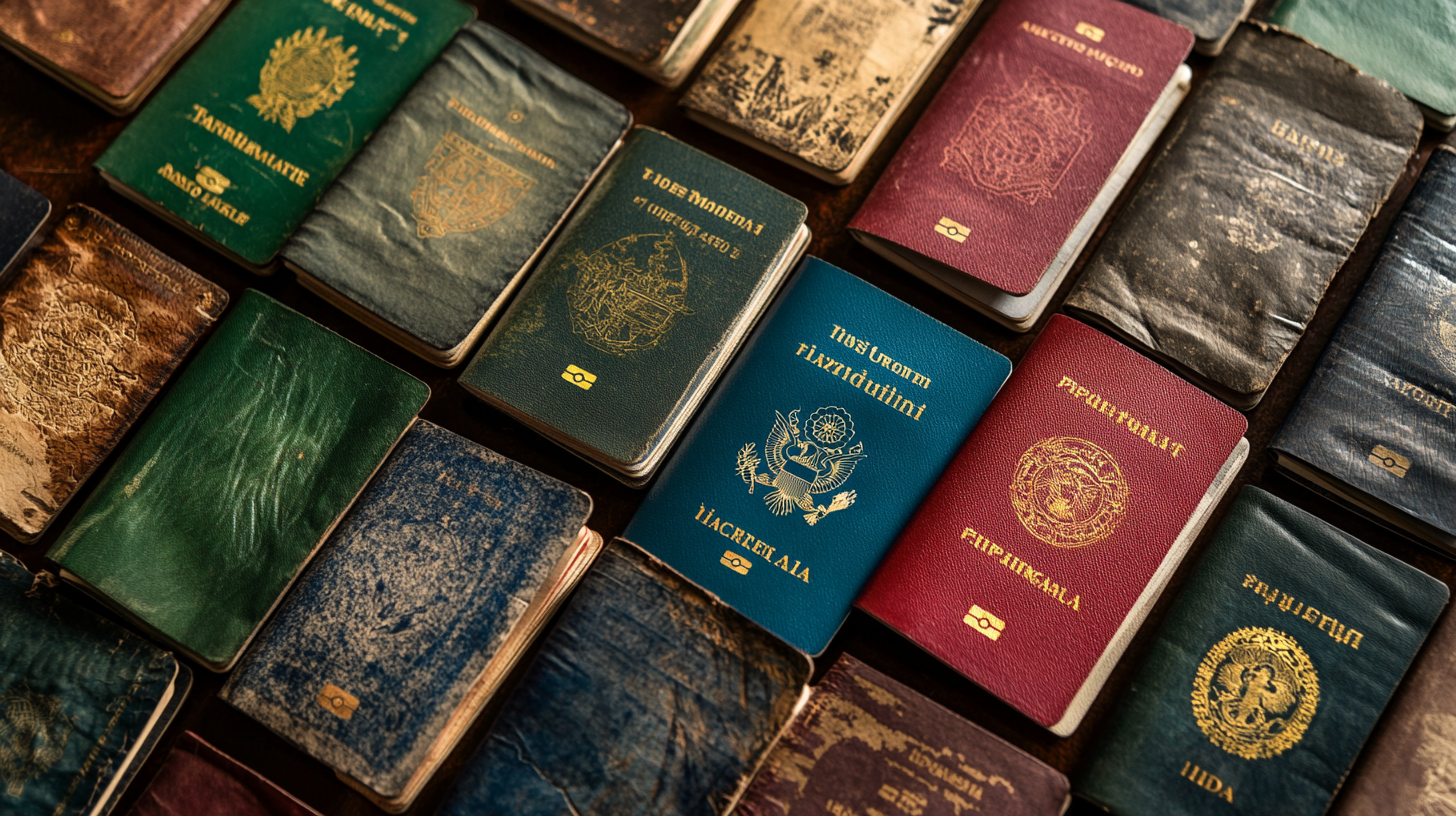
In an increasingly interconnected world, holding multiple passports can be more than a convenience—it can be a strategic asset. From enhanced mobility and access to new opportunities to added security, the advantages are significant. However, it’s vital to navigate the legal landscapes carefully and consider the responsibilities that come with dual citizenship.
Ultimately, the decision to acquire multiple passports should be made with thorough understanding and preparation. For those seeking broader global experiences and freedoms, exploring the possibility of holding multiple passports is indeed worthwhile.
Follow us back to Seat 5A for more insights and updates.






